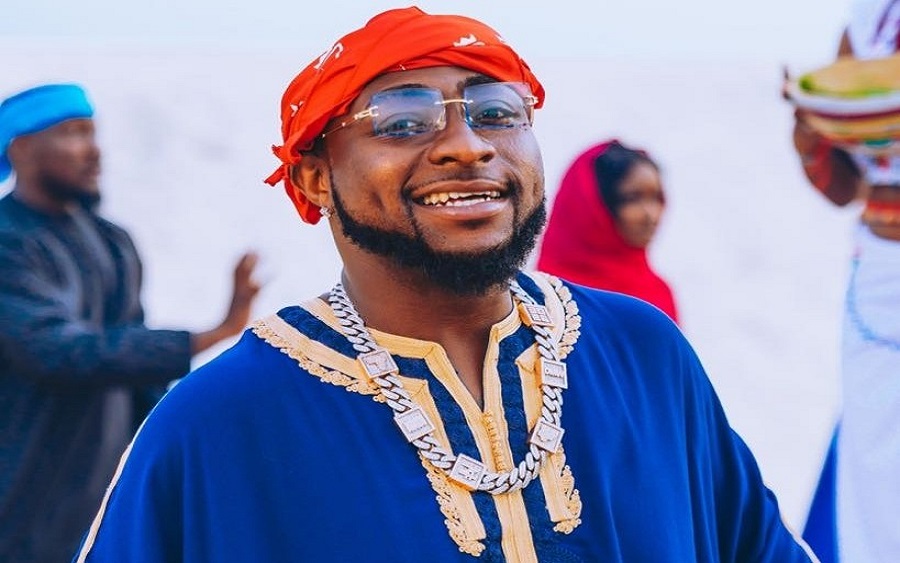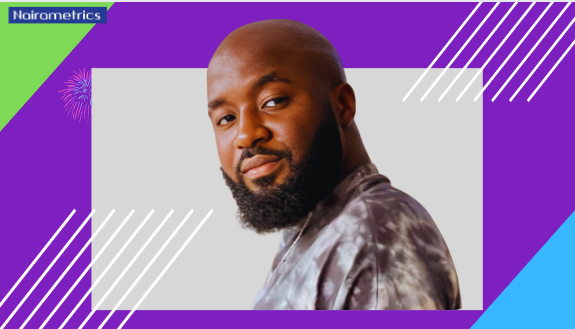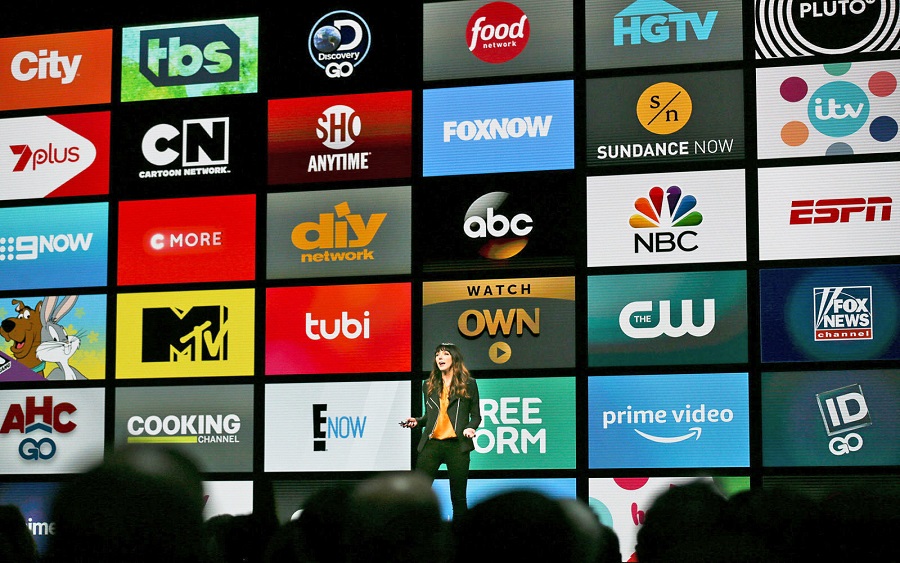The Nigerian music industry has come a long way, from the early times of Afrobeat patriarch, Fela Kuti, King Sunny Adé, Oliver De Coque, and William Onyeabor to the present-day stars like Wizkid, Davido, Burna Boy, Tiwa Savage, and Rema, it has continually evolved while consistently crossing the country’s borders into other parts of the world.
Nigeria’s music industry has been on a winning streak, for example, streaming giant Spotify revealed that revenues generated by Nigerian artists on its platform reached N11 billion ($14 million) in 2022. By 2023, that figure had surged to N25 billion, marking an over 100% year-on-year increase in streaming revenue.
Furthermore, the National Bureau of Statistics reported that motion pictures, sound recording, and music production constituted a significant portion of the arts and entertainment industry’s contribution to the country’s GDP. Specifically, these sectors represented 82.16%, equating to N1.62 trillion, of the N1.97 trillion generated by the arts and entertainment industry. At an exchange rate of N896 as of December 31, 2023 this equates to an industry worth of about $1.81 billion.
While these numbers may seem modest compared to more developed markets, the potential for exponential growth has drawn the attention of major international music conglomerates. These global players have made significant inroads into Nigeria’s music industry by partnering with local record labels and signing recording contracts with popular local artists.
This influx has significantly enhanced production values, benefiting consumers, but has also escalated production costs, challenging creatives. As a result, the role of effective record label management has become more critical than ever.
In the intricate ecosystem of the music industry, record labels and artists are indispensable partners who serve as incubators, supporting emerging artists by providing financial assistance for creation, distribution, and marketing.
As the industry moves towards contributing significantly to the entertainment sector’s projected $15 billion outlook by 2025, the influence of record label CEOs becomes increasingly pivotal. In no particular order here are 10 record label CEOs driving the Nigerian music industry forward by enabling talents and scouting diamonds in the rough.
Valentine ‘Valo’ Ngaji has been at the forefront of the Afrobeats movement as the Founder and CEO of KeyQaad since April 2021. His leadership has seen the company grow significantly, contributing to the rise of prominent Afrobeats artists.
Prior to founding KeyQaad, Valo served as Assistant Manager for Music & Programs at Soundcity Africa. In this role, he was instrumental in curating and managing music content, ensuring the station’s continued relevance and appeal.
As the Head of Music at Soundcity Radio from July 2016 to September 2020, Valo was responsible for overseeing music programming across multiple cities, shaping the station’s musical direction and enhancing its footprint in the Nigerian music industry.
Valo began his career in music programming and production at Cool FM, Wazobia FM, and Nigeria Info, where he worked from December 2011 to July 2016. Over nearly five years, he honed his skills in content creation and audience engagement.
Valo holds a Bachelor of Science in Biochemistry from the University of Port Harcourt (2007-2011), showcasing his diverse academic background.
One of Valo’s significant achievements is discovering and signing Omah Lay, one of the biggest names in Afrobeats, under KeyQaad in August 2019. His vision and dedication were pivotal in Omah Lay’s rise to stardom.























